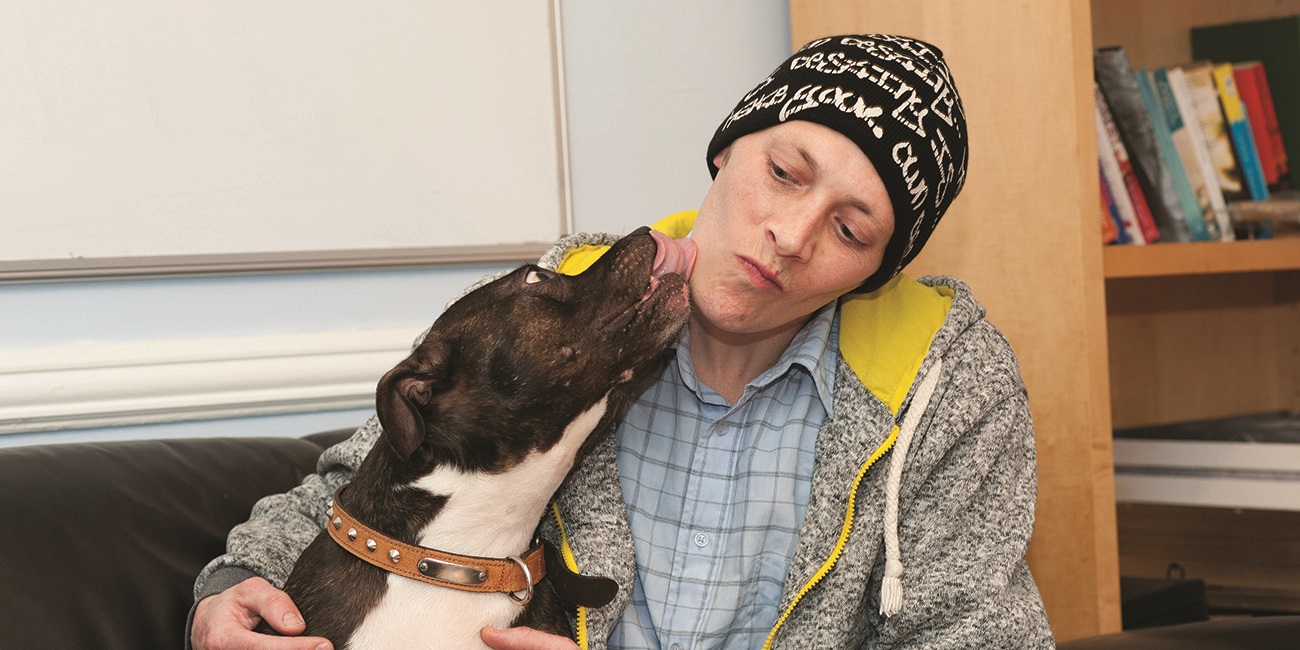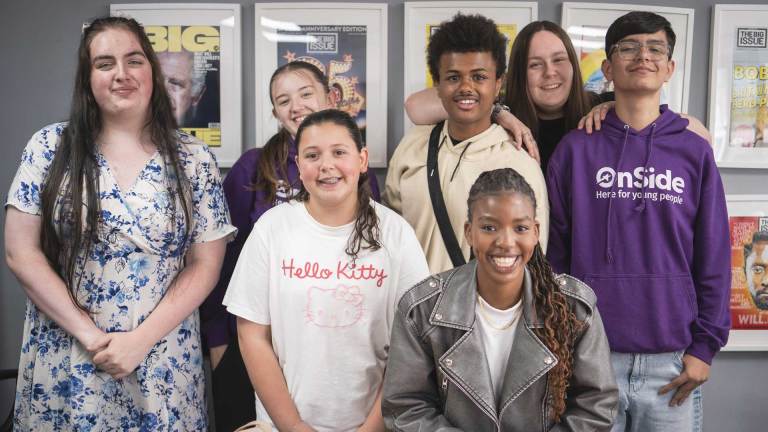Big Issue Invest is the social investment arm of The Big Issue Group, a social enterprise with a mission to dismantle poverty and create opportunity for people and communities across the UK. Since 2005 we have supported charities and social enterprises to scale their social impact, deliver quality services, and achieve growth and financial sustainability through the provision of repayable finance. Our investees include organisations delivering health and social care, housing, employment, financial inclusion, and education services. We offer a range of financing solutions, from early stage venture funding to growth capital, to support organisations every step of the way.
The funding that BII provides has always been shaped by the needs of our investees. In this vein, our funding for social outcomes-based contracts – including a new £10m Outcomes Investment Fund – is led by demand from social enterprises and charities for investment. These organisations need funding to participate in the outcomes-based contracts that are increasingly part of their operating environment and a means to grow their impact, deliver quality services, and secure financial sustainability. Big Issue Invest’s role is to provide the tools they need to do that, while insisting that the outcomes-based investments we make prioritise the needs of social enterprises and charities and the people they support and are aligned with our social mission.
In 2013 we made our first outcomes-linked investment, providing working capital to homelessness charity Thames Reach to support entrenched rough sleepers in London. Since then, we’ve provided funding for delivery of six further outcomes contracts targeting social outcomes connected to homelessness, education, employment, youth engagement, and mental health.
Our experience is that outcomes-based contracts can be powerful tools for improving the lives of people overlooked or underserved by existing services. As outcomes – rather than activities – are commissioned, delivery can be flexed to what is most effective for the individual. Across our portfolio of outcomes-based investments, there are multiple examples of where this has worked well, with programme delivery evolving to better meet the complex needs of people accessing services.
The need to find new approaches to entrenched problems is encouraging new partnerships, with central government, local authorities, clinical commissioning groups, and police and crime commissioners joining to procure services. Service provider organisations, investors, service users and others are playing an active role in shaping programmes and achieving outcomes. Our most successful outcomes-based investments are led by partners with common objectives and, crucially, a shared social mission.
These partnerships are essential. Outcomes-based contracting is a new way of working for everyone and programmes usually support people with complex needs for whom there is no ‘one size fits all’ approach. Success is rarely linear and depends on the commitment of the organisations – and individuals – and their ability to thrive in challenging and changing circumstances. Building financial models is no substitute for building relationships that can withstand the inevitable challenges.










